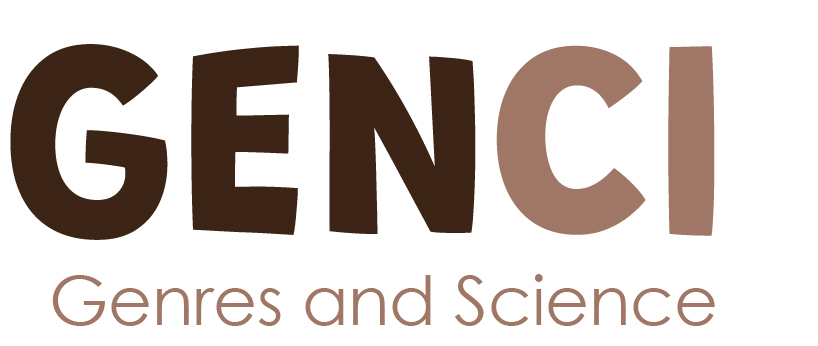Register choice and patterns of interaction across text varieties. Pérez-Llantada, C.
Abstract
In the context of Open Science and of the “democratization of science” agenda for reaching broader publics (Bonney et al., 2009; Fecher & Friesike, 2014), scholars are increasingly encouraged to produce new kinds of writing online that target a non-specialist/lay readership. This is the case of research blogging and microblogging on Twitter, Facebook or WeChat, and the case of crowdfunding science and citizen science writing practices in web portals. The specific goal of these latter practices is to engage this broader readership in scientific enquiry (Reid, 2019). These new writing demands pose important challenges to scholars, who need to compose effectively unfamiliar text varieties online. Here, the perspective of register becomes germane, firstly, to provide a thorough treatment of the language features of these texts and, secondly, to empirically inform EAP writing pedagogy.
This presentation investigates the language used in two interrelated (hyperlinked) text varieties written by the same scholar and reporting on the same topic, a journal article and its associated citizen science project online. While the journal article falls under the category of professional genres for scientific communication, the citizen science project, a multimodal parascientific genre online, belongs to the category of emerging public genres for science communication. Following Biber and Conrad (2019), I will specifically describe the discourse functionality of two core linguistic features, pronouns and verbs, and illustrate how both build different patterns of writer/readership interaction because each text variety has distinct communicative goals and situational context. In the light of the findings, I will critically assess how they differ linguistically and what rhetorical exigences account for the differences observed in the way the scholar establishes bidirectional communication in each text variety.
The final section of my talk will address several pedagogic implications that ensue from the preferred register choice and patterns of interaction online and will propose some ways for guiding and supporting scholars in unfamiliar writing territories.
